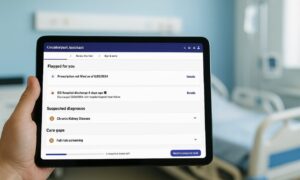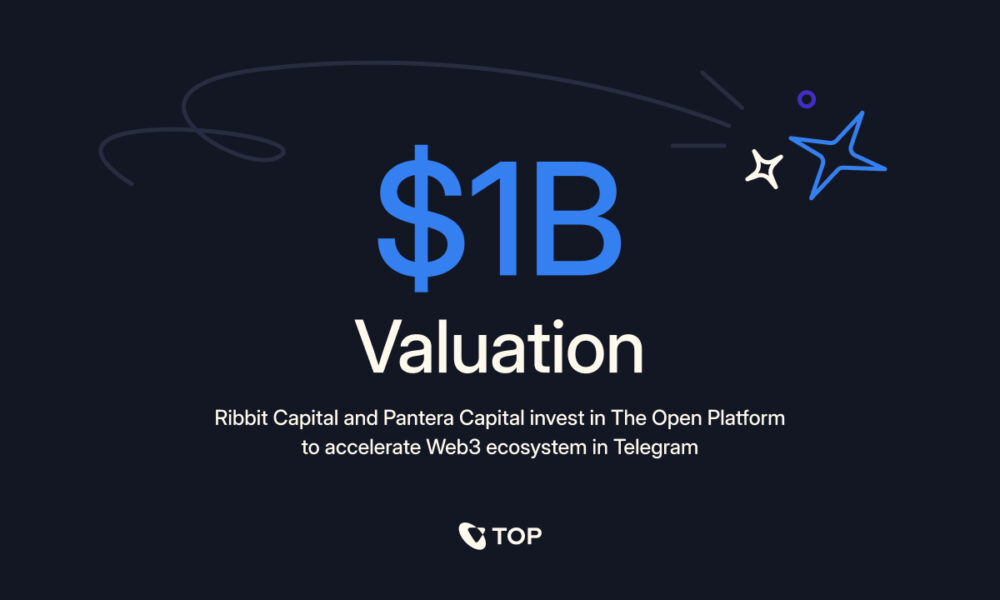Tax season can be a difficult and time-consuming endeavor for individuals and businesses alike, with the complexity of tax laws, fear of mistakes, and time commitment weighing heavy on most taxpayers’ minds. But now there’s hope on the horizon: the introduction of artificial intelligence AI tax assistant has revolutionized how people approach tax filing & preparation – making the experience smoother, more accurate, less daunting & less daunting overall for taxpayers! We will explore this in this blog post!
Reasons for the Rise of AI in Tax Preparation
Over recent years, we’ve witnessed a marked increase in artificial intelligence’s use in tax preparation. This technological advance is not simply a passing trend; instead, it is revolutionizing the entire tax industry. Best tax assistance aims to streamline tax filing, reduce errors, and provide personalized guidance to taxpayers – so let’s examine how these intelligent systems are improving lives around the globe.
Simplifying Complex Tax Laws
One of the most significant challenges of tax preparation is navigating its complex network of laws and regulations. AI tax assistants offer users a way to navigate this maze more efficiently by being programmed with vast databases of tax codes that are regularly updated to reflect any legislative updates – meaning users can rely on these systems to interpret complex rules correctly for their situations.
Example of AI Tax Assistant
When working with an artificial intelligence (AI) tax return assistant, you will likely be asked a series of questions about your income sources, deductions, and life events in order to identify which tax forms need to be filed as well as which deductions or credits may apply – without you needing to become an expert yourself!
Personalized Tax Advice
AI tax returns assistants excel at offering tailored advice tailored specifically to each taxpayer, such as suggesting deductions you hadn’t thought about or alerting you of potential audit triggers in your return. By analyzing financial data and tax history, these systems are adept at offering tailored recommendations designed to optimize your tax position – this could include suggesting deductions you hadn’t considered or providing warnings of audit triggers within your return.
Increased Accuracy and Error Reduction
Human error is one of the significant contributors to tax preparation errors, leading to audits, penalties, or missed savings opportunities. AI tax assistants significantly lower error risk by automating calculations and cross-checking information; their systems also flag any inconsistencies or unusual entries, prompting users to double-check before submission.
AI tax assistants continue to adapt as they learn from each tax return they process, becoming more adept at spotting errors or omissions that might arise in subsequent returns. Over time, their accuracy increases steadily to provide users with ever more dependable support.
Time and Cost Savings
Filing taxes is often an inconvenient, time-consuming task for those with complex financial situations. Artificial Intelligence Tax Assistants can reduce preparation times dramatically by automating many tedious aspects such as data entry, form selection, and preliminary calculations.
AI tax advisors don’t only come in handy during tax season. Many systems offer year-round planning features to analyze your financial data throughout the year and give insights and recommendations that help make tax-smart decisions.
Enhance Security and Privacy Protections for Better Decision-Making
With rising concerns around data security, AI tax assistants provide solid safeguards for sensitive financial data. These systems typically utilize advanced encryption technology and secure cloud storage solutions to keep your information safe. In addition, AI can detect potential fraud or unauthorized access attempts, adding another level of protection during the tax preparation process.
Integration with Financial Software
AI in tax preparation often integrates seamlessly with popular financial software and apps, enabling automatic import of financial data without manual data entry and transcription errors. No matter whether you use a budgeting app to track expenses or invest through an online platform, these assistants often pull this information directly – making tax preparation more efficient and accurate.
Ongoing Learning and Improvement
One of the greatest strengths of AI in tax preparation is its capacity for continuous learning and improvement. As more people utilize these systems and provide feedback, their AI becomes more innovative and more effective – this translates to an increasingly positive tax preparation experience every year as millions of tax returns provide accurate advice with efficient processes.
Accessibility and convenience
AI tax assistants offer users the freedom to complete their taxes at their leisure, whether that means late at night or over weeks. This flexibility makes AI tax assistants especially beneficial for people with unpredictable working hours or tight schedules.
Conclusion
Artificial intelligence (AI) in tax preparation is revolutionizing our annual process. By harnessing AI’s power, taxpayers can experience a more accessible, less stressful tax experience through using artificial intelligence tax assistants – from simplifying complex laws to providing personalized advice and guaranteeing accuracy. AI tax assistants by AI tax advisors have become indispensable tools in today’s tax environment.

































